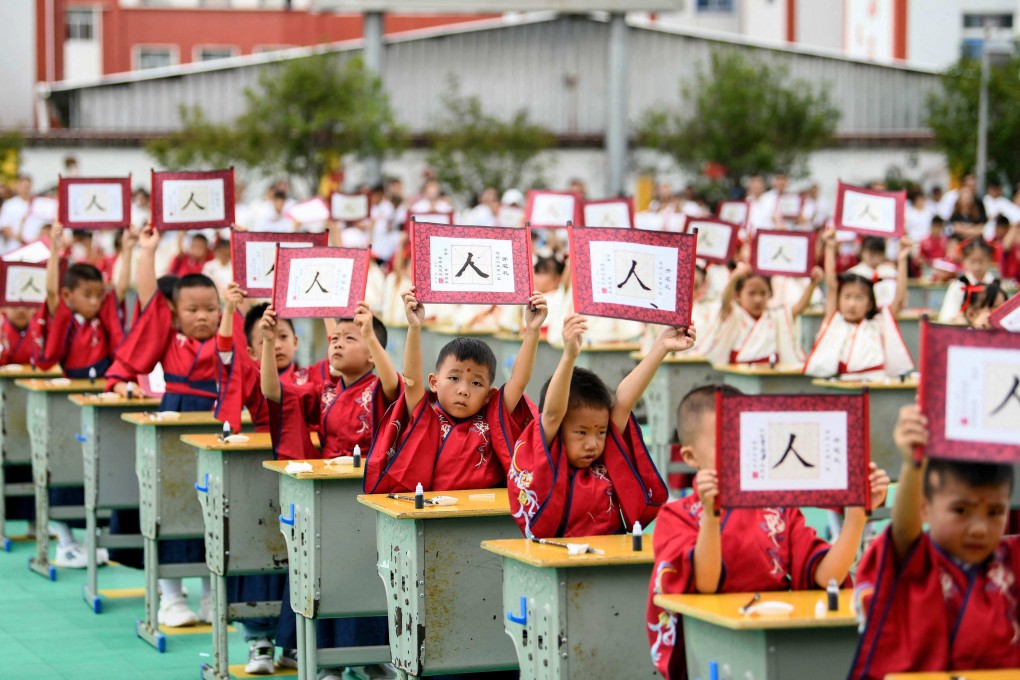Opinion | China banning clothes that hurt national feelings would be a stitch too far
- The proposed legal amendment is vaguely drafted and has raised fears that it could lead to arbitrary arrests
- As young people wearing kimonos or T-shirts with rainbows find themselves barred by security or even detained by police, concerns about personal liberties are growing

When I read about the draft legal amendment to ban clothing and symbols that are “detrimental to the spirit” of the nation or “hurt the feelings” of the Chinese people, I wasn’t sure whether to laugh or cry. Part of the five-year legislative plan released by the National People’s Congress (NPC) Standing Committee, China’s top legislative body, the proposed amendment to the Public Security Administration Punishments Law could see offenders detained for up to 15 days and fined up to 5,000 yuan (US$681).
Since President Xi Jinping took power, his government has clamped down on civil liberties. I view the proposed amendment as yet another indication of this worrying trend.
After the crackdown, while tightening political control, the authorities slowly started to grant citizens more personal freedom. People could decide what to wear, where to live and how to go about their lives. Finally, there was something like personal space.

